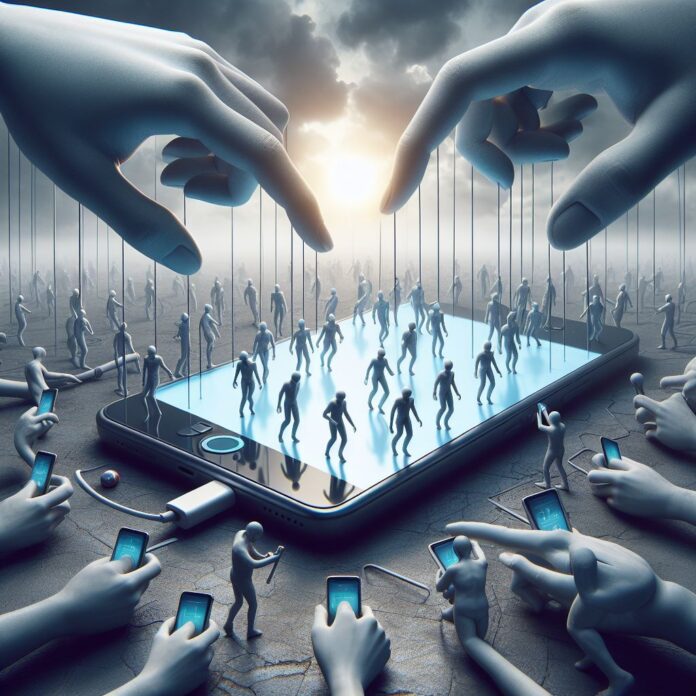A survey points to a possible yes but with a good reason.
Recent survey results by South African mobile phone power bank provider Adoozy reveals a fascinating glimpse into the relationship young South Africans (aged 18-35) have with their smartphones.
While the findings suggest a strong reliance on these devices, the survey also uncovers the many ways smartphones have become integrated into the fabric of daily life, impacting everything from work productivity to personal safety.
I can’t live without my phone
The survey paints a picture of a generation deeply entwined with their smartphones. A staggering 92% of respondents reported they couldn’t last a full day without their phones nearby, with a significant portion (64%) admitting discomfort even after just one hour of separation. This dependence extends to rather surprising lengths – nearly half (40%) would rather brave a traffic jam than be phoneless, and a surprising 16% would choose the dentist’s chair over a phone-free existence.
Addiction or Empowerment?
Kegan Peffer, CEO of Adoozy, acknowledges the close connection but challenges the notion of addiction. She emphasizes the smartphone’s role as a “well-used facilitator” for various aspects of life. Peffer highlights the survey found that 72% of respondents used their phones to navigate potentially dangerous situations, underlining the potential for smartphones to be lifesavers.
Smartphones: The All-in-One Toolkit
The survey delves deeper into how South Africans utilize their smartphones. Nearly half (49.5%) rely on them for banking and financial transactions. Services like ride-hailing (23.6%) and GPS navigation (19.1%) follow closely, showcasing the phone’s role in facilitating everyday tasks. Interestingly, work-related usage also emerges as a significant trend. Around 63% report “always” using their phones for work, while 70% believe this access enhances their productivity. Peffer points to the growing integration of AI in smartphones as a further potential driver of work efficiency.
Beyond Work: Communication and Entertainment
Communication preferences also take center stage. Instant messaging apps like WhatsApp reign supreme (55%), followed by social media direct messaging (22.5%) and traditional phone calls (21.3%). Interestingly, the survey reveals a divide regarding voice notes, with 65.2% embracing them and 19.1% strongly opposing them.
In terms of entertainment, social media takes the top spot, followed by work, news consumption, streaming services, and mobile gaming. The survey also reveals interesting insights into app usage, with Uber (29.2%) at the forefront, followed by Eskom Se Push (25.8%), Takealot (13.5%), and Checkers Sixty60 (11.2%).
The Power (Bank) Behind It All
The survey also underscores the importance of reliable power for these ever-present devices. Over half (59.5%) of respondents have found themselves caught with a dying phone and no means to charge it, highlighting the need for readily available power solutions like those offered by Adoozy.
A Symbiotic Relationship
The Adoozy Consumer Smartphone Usage survey paints a picture of a generation deeply connected to their smartphones, however, beyond the initial impression of dependence, the survey unveils a more nuanced reality.
Smartphones have become woven into the fabric of daily life, empowering users with tools for work, communication, safety, and entertainment. While responsible usage remains crucial, the survey suggests a more symbiotic relationship between young South Africans and their smartphones, where the devices serve as facilitators for a more efficient, connected, and secure way of life.

